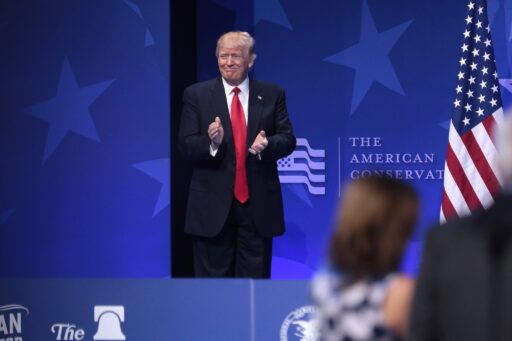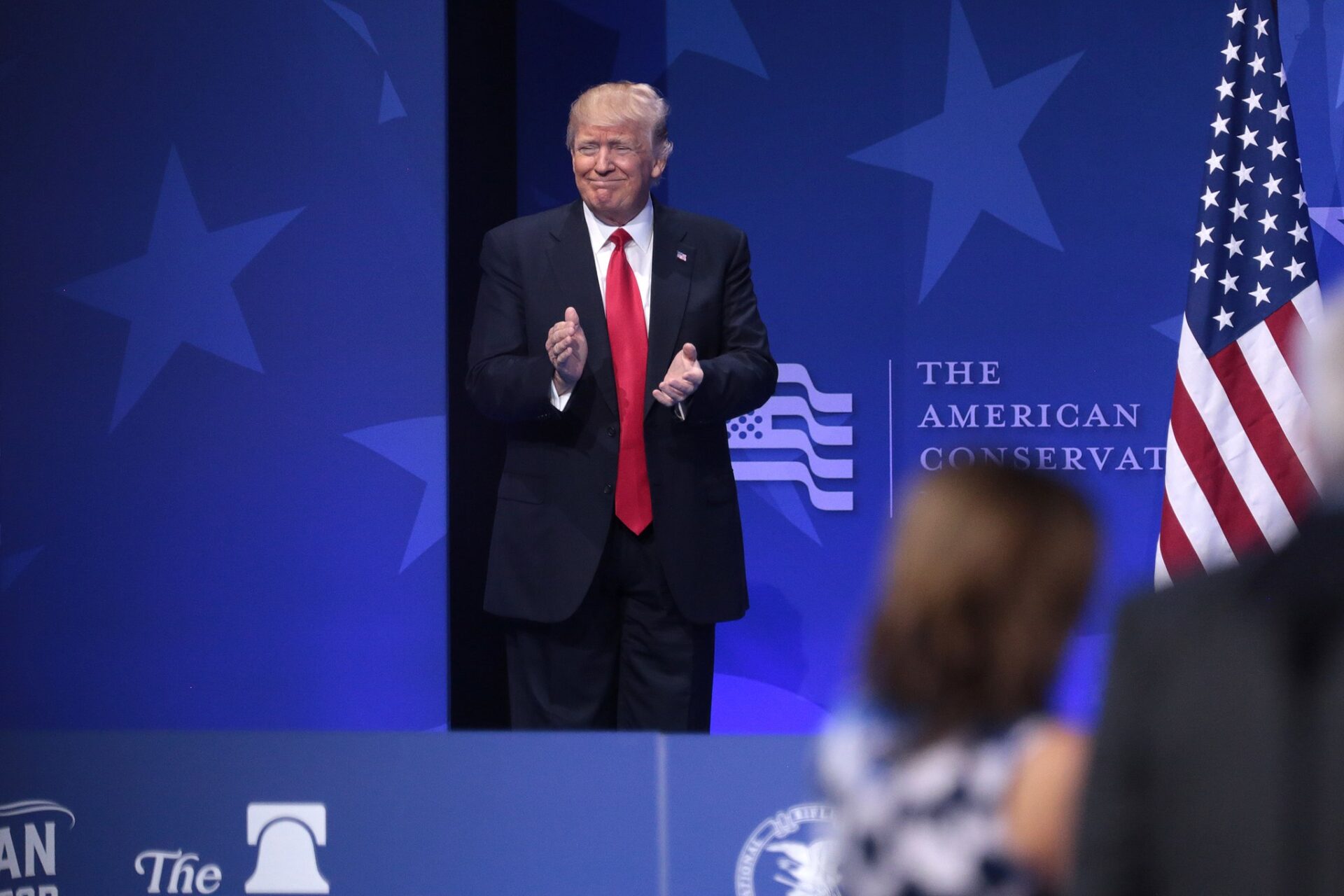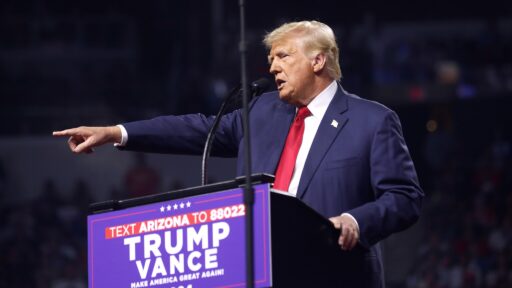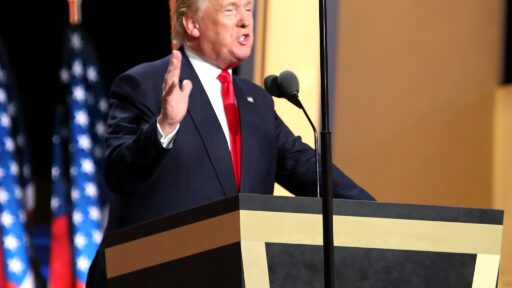Liberals are crying again.
Donald Trump’s potential selection of Judge Aileen Cannon as his attorney general if he regains the presidency has ignited strong reactions among critics. According to a report by ABC News, Cannon’s name surfaced in a document titled “Transition Planning: Legal Principles,” which outlines staffing options for key legal positions in a future Trump administration, including the White House counsel’s office and the Department of Justice.
Cannon, who was appointed by Trump, has been a polarizing figure, particularly after her decision in July to dismiss federal charges against the former president related to the mishandling of classified documents. She ruled that the prosecutor, Jack Smith, was improperly appointed, raising eyebrows and prompting accusations of bias. In light of this, some commentators have expressed outrage over Trump’s potential consideration of her for a significant role in his administration.
Former Watergate prosecutor Jill Wine-Banks labeled Trump’s possible choice of Cannon as “insane” on social media. Political strategist Lindy Li further criticized Cannon, arguing that she strategically delayed Trump’s trial, allowing him to evade accountability until after the upcoming election. Such comments suggest a narrative that questions the integrity of Cannon’s judicial decisions, framing them as politically motivated.
Others, including attorney Tristan Snell, have suggested that Cannon’s appointment could lead to immediate investigations, raising concerns about possible conflicts of interest. The implications of this move are significant, especially given that Trump faces numerous federal charges connected to his handling of sensitive documents after leaving office.
Despite the backlash, Trump has consistently maintained his innocence, describing the charges as part of a larger political witch hunt aimed at undermining his candidacy. The document listing Cannon among potential candidates was reportedly compiled by Trump’s inner circle, underscoring his commitment to loyalty among his appointees.
As the political landscape evolves, the possibility of Cannon’s appointment raises important questions about judicial impartiality and the future direction of the Republican Party under Trump’s leadership. Many Republican voters see this as a test of the party’s values and its stance against perceived political persecution. The outcome of this situation could have far-reaching implications for Trump’s political future and the administration’s approach to justice.







